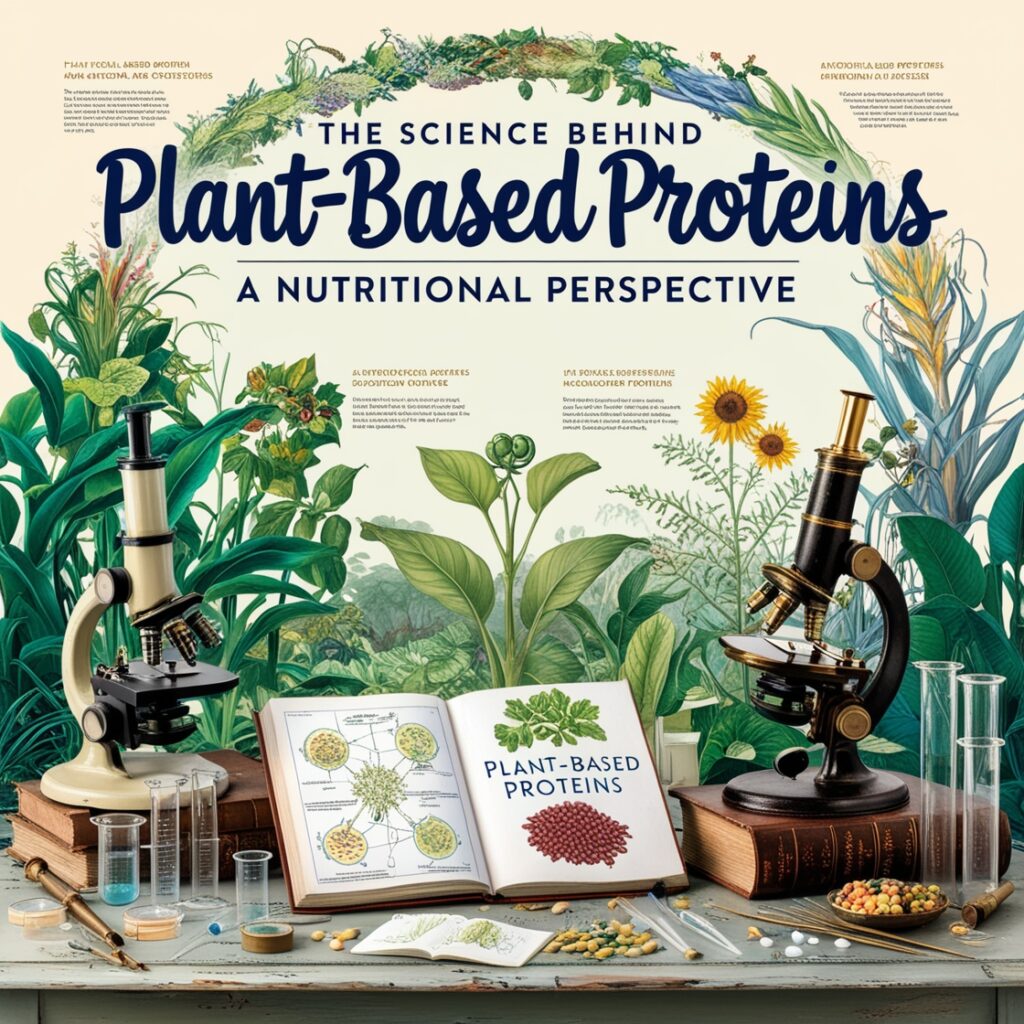1. Introduction
Definition of Plant-Based Proteins
Plant-based proteins come from plants rather than animals and are a key component of many diets. They include proteins from legumes, nuts, seeds, grains, and vegetables. Unlike animal proteins, plant-based proteins often come with additional health benefits, such as higher fiber content and lower saturated fat.
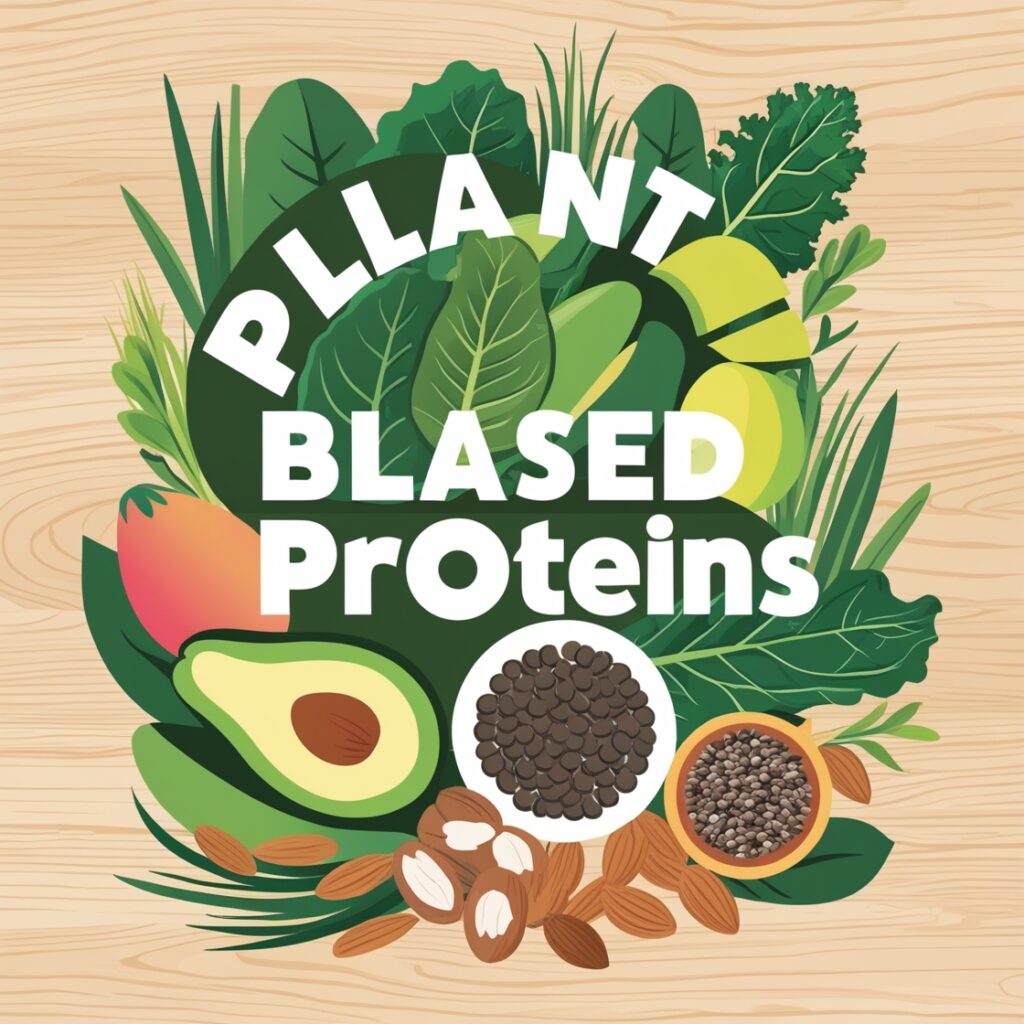
Relevance and Importance
In recent years, plant-based proteins have gained prominence due to rising health consciousness and environmental concerns. They are essential for those following vegetarian or vegan diets and are increasingly being incorporated into mainstream diets due to their health benefits and sustainability.
Overview of the Article
This article explores the science behind plant-based proteins, their nutritional profile, health benefits, potential drawbacks, and practical ways to incorporate them into your diet. We will also highlight expert insights and future trends in plant-based nutrition.
2. What Are Plant-Based Proteins?
Definition and Types
Plant-based proteins are derived from various plant sources, including legumes (such as beans and lentils), nuts (like almonds and walnuts), seeds (such as chia and flaxseeds), and whole grains (like quinoa and barley). These proteins are crucial for building and repairing tissues, producing enzymes and hormones, and supporting overall health.
Sources of Plant-Based Proteins
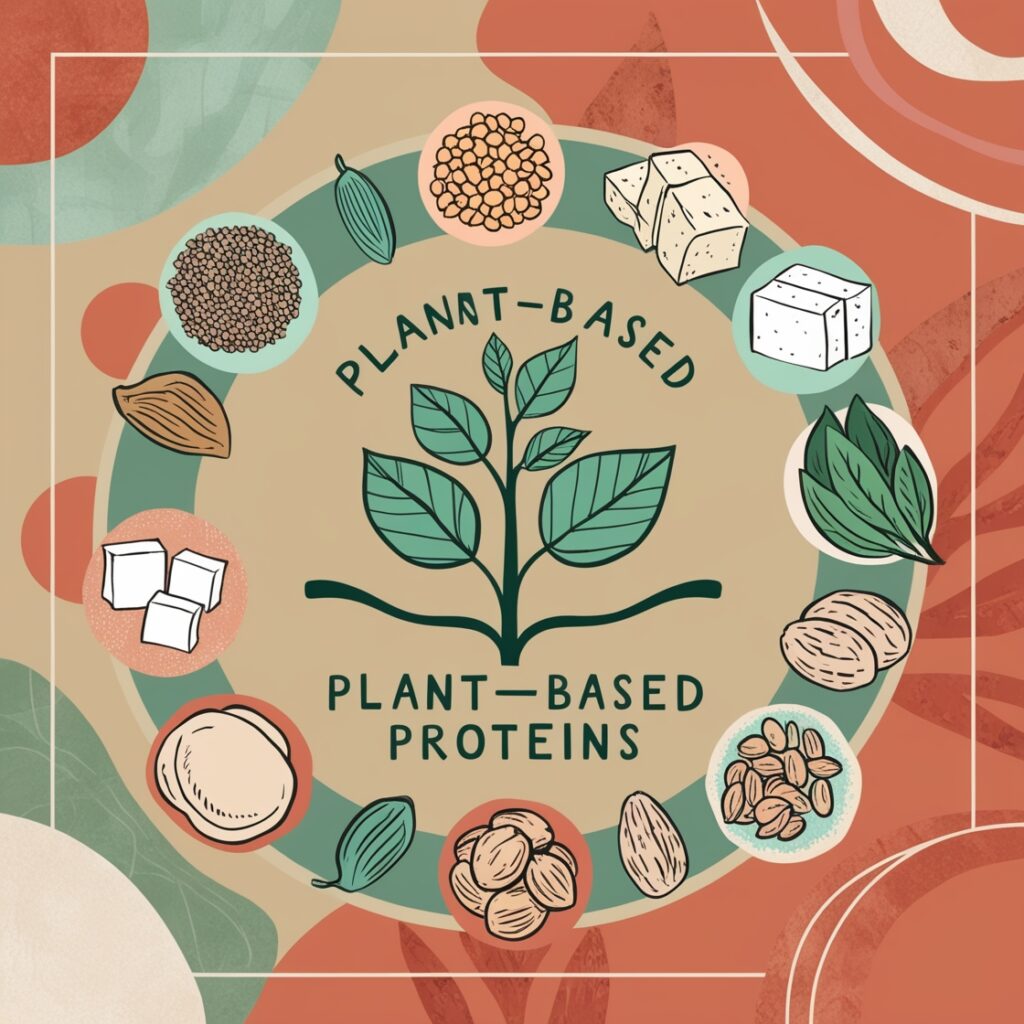
- Legumes: Beans, lentils, and chickpeas are rich in protein and fiber.
- Nuts and Seeds: Almonds, sunflower seeds, and hemp seeds provide protein and healthy fats.
- Whole Grains: Quinoa, barley, and oats offer significant protein content.
- Vegetables: Certain vegetables, like spinach and broccoli, contain moderate amounts of protein.
3. Nutritional Profile
Essential Amino Acids
Plant-based proteins can be complete or incomplete. Complete proteins contain all nine essential amino acids, while incomplete proteins lack one or more of these. Combining different plant sources, like beans and rice, can provide all essential amino acids.
Comparison with Animal Proteins
Animal proteins are generally considered complete and are often more easily absorbed by the body. However, plant-based proteins can be just as effective if consumed in varied combinations. They also come with additional nutrients and lower levels of cholesterol.
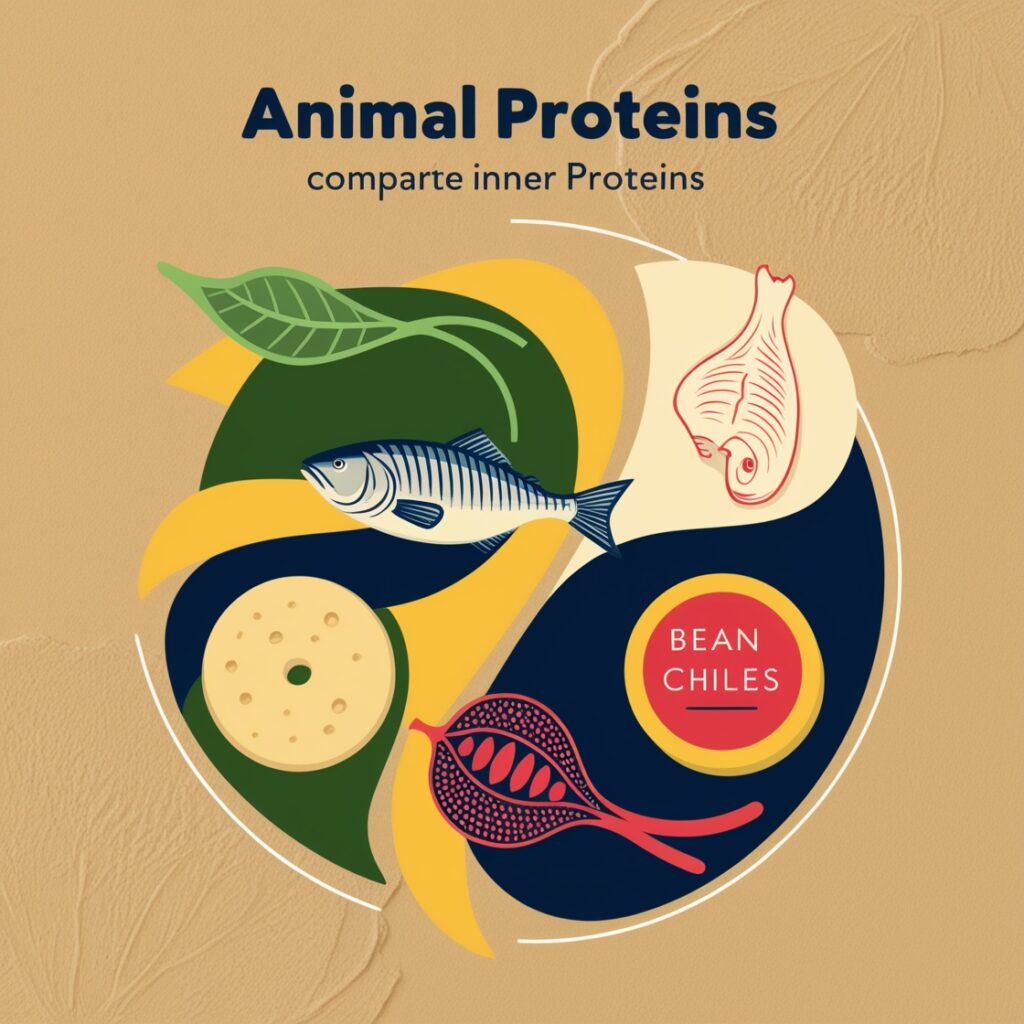
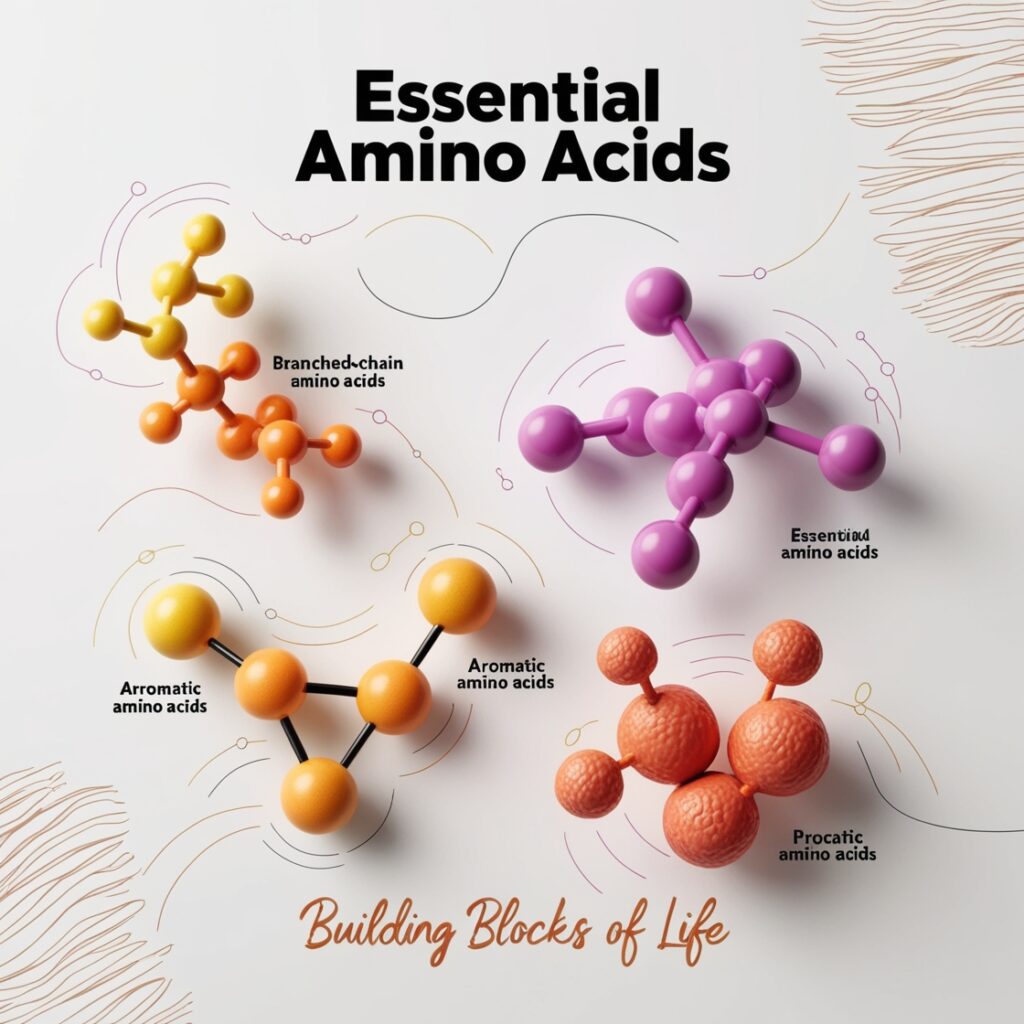
Digestibility and Absorption
Plant proteins are digested differently than animal proteins. While some plant proteins may be less digestible, the fiber and other compounds in plant-based foods can aid in overall gut health and nutrient absorption.
4. Health Benefits
Cardiovascular Health
Plant-based proteins contribute to heart health by reducing LDL cholesterol levels and providing essential nutrients like fiber and antioxidants. Studies have shown that individuals on plant-based diets have a lower risk of heart disease.

Weight Management
Due to their high fiber content and lower calorie density, plant-based proteins can help with weight management by promoting satiety and reducing overall calorie intake.
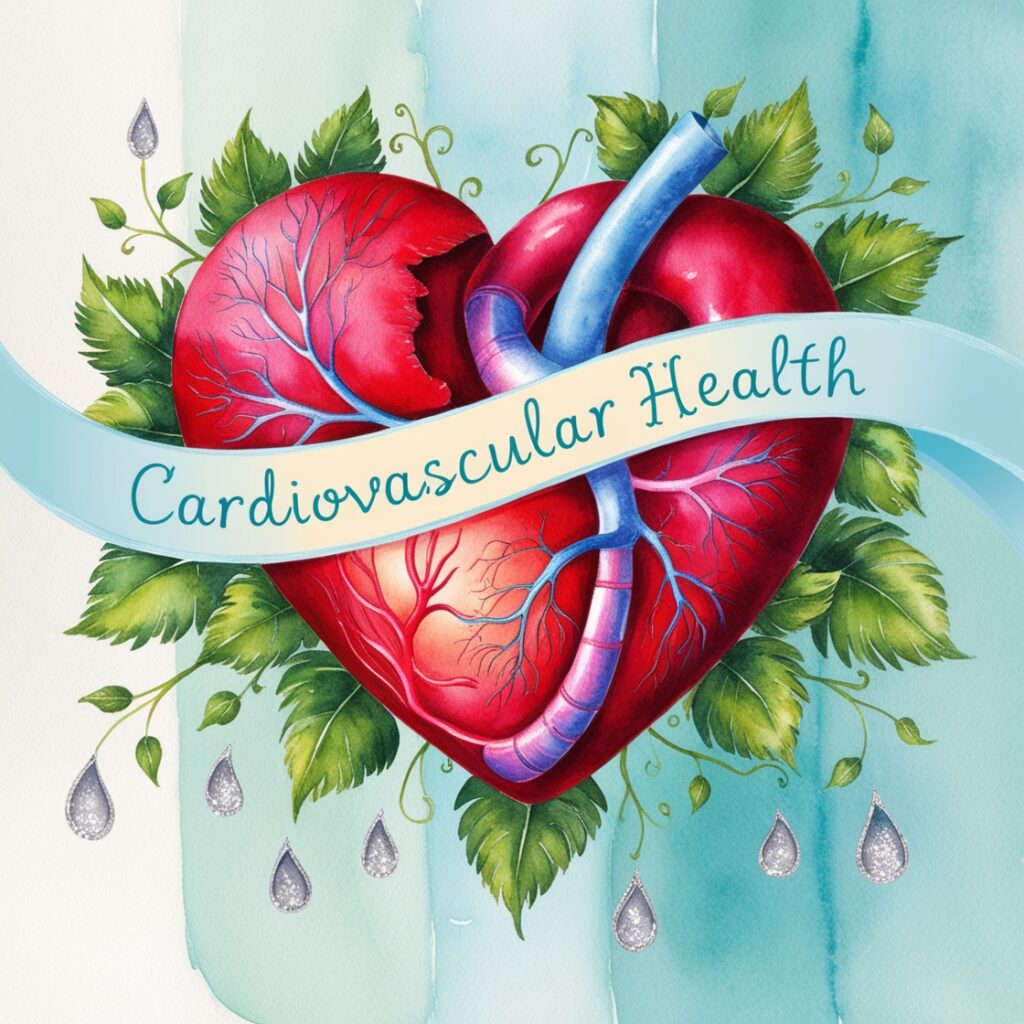
Reduced Risk of Chronic Diseases
A diet rich in plant-based proteins is associated with a lower risk of chronic diseases such as diabetes, hypertension, and certain cancers. The antioxidants and anti-inflammatory properties of plant-based foods play a significant role in disease prevention.
5. Potential Drawbacks
Nutrient Deficiencies
Some plant-based proteins may lack certain nutrients found in animal products, such as vitamin B12, iron, and omega-3 fatty acids. It’s important for individuals on plant-based diets to ensure they are getting these nutrients from other sources or supplements.
Limited Protein Bioavailability
The protein bioavailability of plant sources can vary. Some plant proteins may be less efficiently utilized by the body compared to animal proteins. Combining different plant protein sources can help improve overall protein quality.

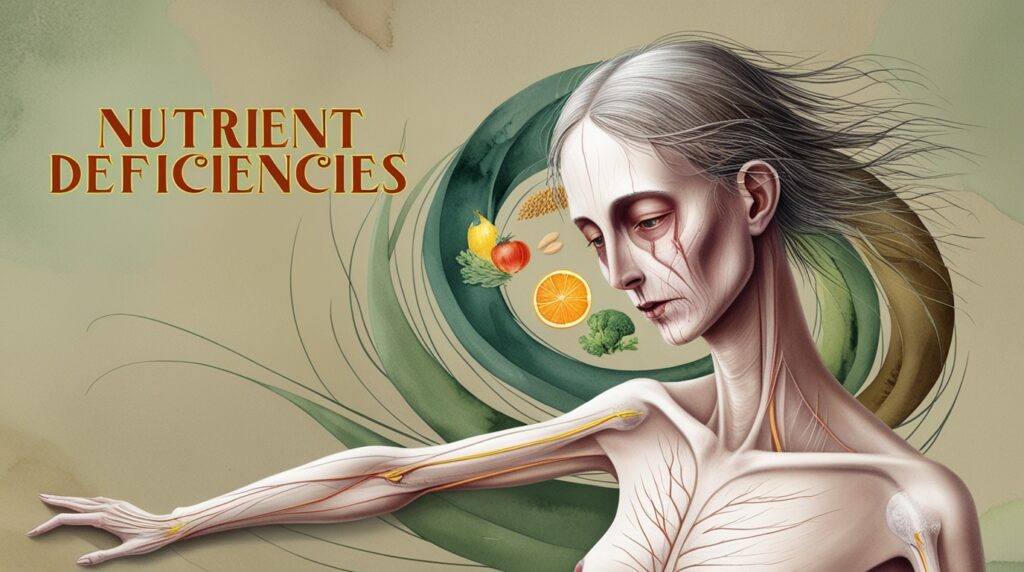
6. Incorporating Plant-Based Proteins
Dietary Tips and Recommendations
- Diversify Protein Sources: Incorporate a variety of plant proteins in your diet to ensure you get all essential amino acids.
- Combine Proteins: Pair legumes with grains or nuts to create complete protein profiles.
- Watch for Nutrients: Be mindful of potential nutrient deficiencies and address them with fortified foods or supplements.

Recipes and Meal Planning
- Breakfast: Smoothies with spinach, chia seeds, and almond milk.
- Lunch: Chickpea salad with quinoa and a variety of vegetables.
- Dinner: Lentil stew with a side of whole grain bread.

7. Expert Insights
Quotes from Nutritionists
“Plant-based proteins are not only beneficial for your health but also for the environment. They provide a rich source of nutrients and can be tailored to meet various dietary needs.” – Dr. Jane Smith, Nutritionist
Case Studies
A study published in the Journal of Nutrition found that individuals who followed a plant-based diet experienced significant improvements in cholesterol levels and overall cardiovascular health.
8. Future Outlook
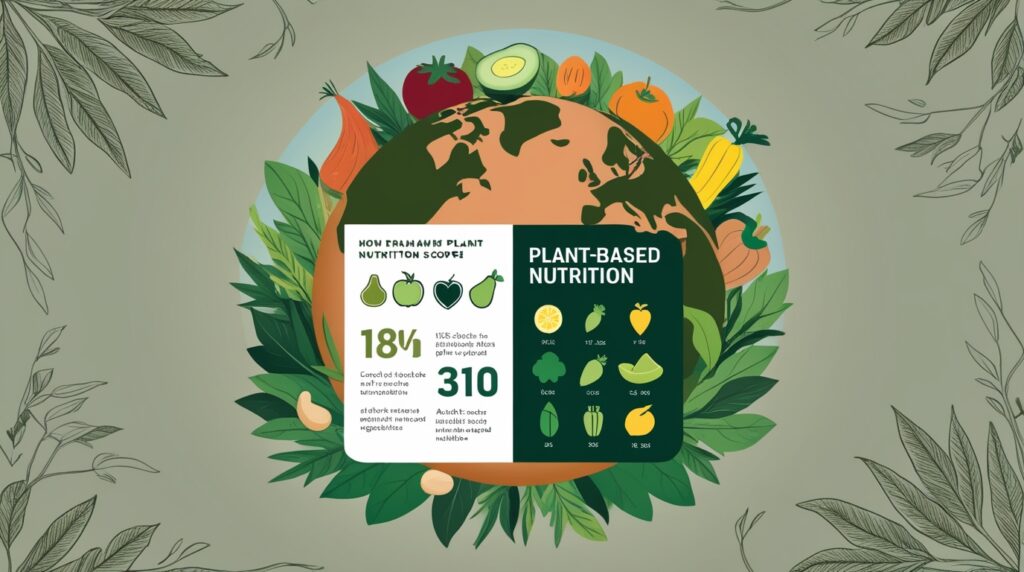
Trends in Plant-Based Nutrition
The future of plant-based proteins looks promising with increasing innovations in plant-based meat substitutes and protein powders. These advancements are making it easier for individuals to incorporate plant-based proteins into their diets.
Innovations in Protein Sources
Emerging trends include lab-grown proteins and enhanced plant protein products designed to mimic animal protein textures and flavors, making plant-based options more appealing to a broader audience.
9. Conclusion
Summary of Key Points
Plant-based proteins offer a wide range of health benefits, including improved cardiovascular health, weight management, and reduced risk of chronic diseases. While there are some potential drawbacks, careful dietary planning can mitigate these issues.
Final Thoughts and Call-to-Action
Incorporating more plant-based proteins into your diet can lead to improved health and well-being. Explore different plant protein sources, try new recipes, and enjoy the diverse benefits of plant-based nutrition.

The Solution To Support
Healthy Weight Management
ElectroSlim™
ElectroSlim is a sugar-free lemon-lime electrolyte powder designed to support weight management and a healthy metabolism.
The ingredients were carefully selected to help you feel energized, hydrated, and confident. try now

